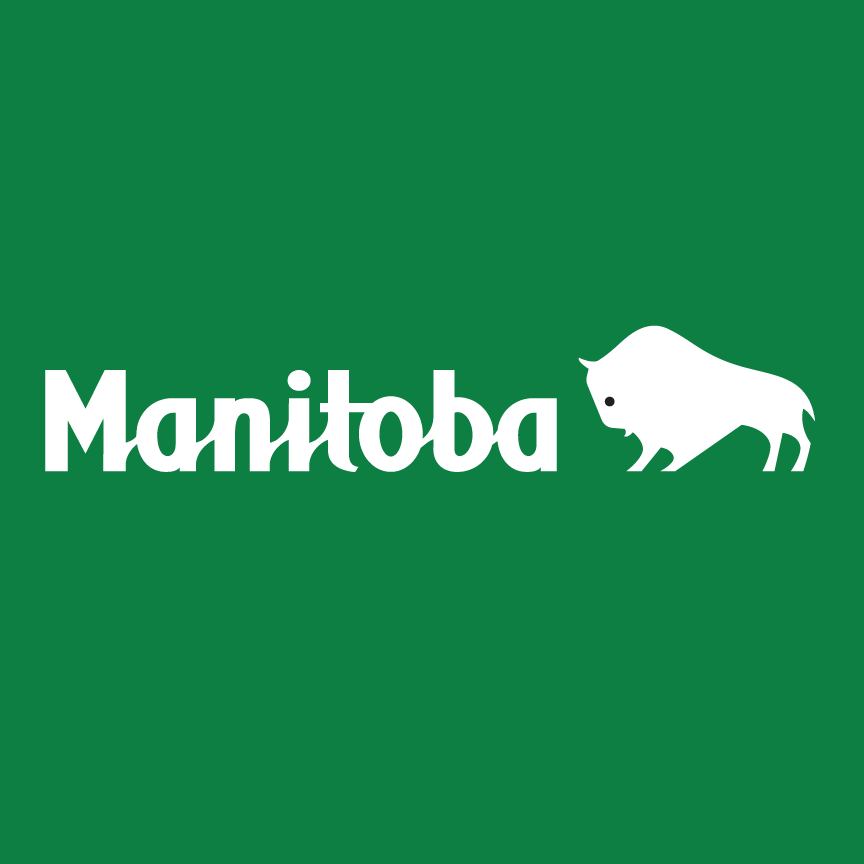British drugs giant GlaxoSmithKline has has warned the Canadian medical authorities that a batch of its anti-H1N1 vaccine can trigger potentially dangerous allergic reactions. The Canadians have withdrawn the batch from use and are testing it after it produced a range of serious reactions, notably in the heart and lungs. The recall affects 172,000 dises of the Arepanrix vaccine.
“We’ve been asked by the manufacturer GSK not to use this vaccine at this time pending further investigation,” said Manitoba chief medical officer Joel Kettner.
Thirty-six Canadians, including one little boy whose face swelled up like a balloon, suffered severe allergic reactions after vaccination. 200 others died.
“It is a serious thing that has the potential to kill – but fortunately seems to be relatively rare,” said Dr Neil Rau, an infectious disease specialist.
Canada has been particularly badly hit by the flu virus, and has vaccinated around a fifth of its population, or nearly seven million people, already. GSK has sold seven point five million doses to Canada
“We’ve been asked by the manufacturer GSK not to use this vaccine at this time pending further investigation,” said Manitoba chief medical officer Joel Kettner.
Thirty-six Canadians, including one little boy whose face swelled up like a balloon, suffered severe allergic reactions after vaccination. 200 others died.
“It is a serious thing that has the potential to kill – but fortunately seems to be relatively rare,” said Dr Neil Rau, an infectious disease specialist.
Canada has been particularly badly hit by the flu virus, and has vaccinated around a fifth of its population, or nearly seven million people, already. GSK has sold seven point five million doses to Canada






Comment